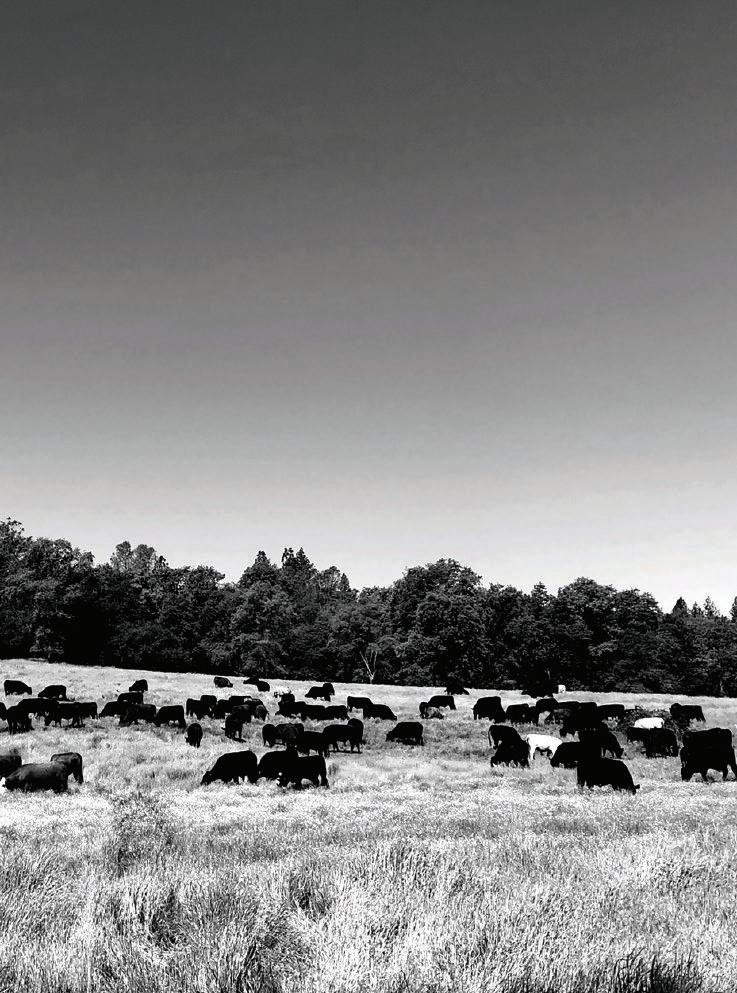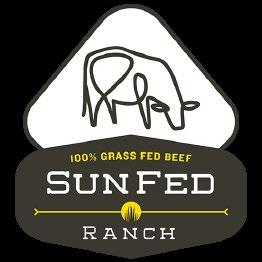
2 minute read
Making the Switch to Natural Refrigeration
hydrofluorocarbon refrigerant represents the largest single-source greenhouse gas emissions at BriarPatch. And, it’s also our greatest opportunity to clean up our act! For our second store in Auburn, we’re leading the way in the grocery world by using a natural refrigeration system.
It’s a mouthful called “transcritical carbon dioxide refrigeration system” and the most impactful investment we can make to reduce our climate impact and achieve carbon neutrality. The Co-op is excited to be among the only 2 percent of grocery stores in the U.S. to make the switch to natural refrigeration. Currently, there are about 1,000 stores nationally using natural refrigeration, compared to 45,000 across Europe. Why aren’t more businesses using it in the U.S.? Higher initial costs and fewer technicians familiar with the technology are currently the main barriers. Until now, refrigerant leaks have been the largest contributor to greenhouse gas emissions at BriarPatch, comprising more than 50 percent of total emissions each year. Refrigerants are substances found in nearly every mechanical system with a cooling function — think commercial and residential refrigeration, freezers and air conditioning units.
The majority of refrigeration systems today use synthetic refrigerants with big names like hydrofluorocarbons
(HFCs), which have a global warming potential thousands of times higher than natural refrigerants.
For example, one pound of R404a has nearly 4,000 times the global warming potential as carbon dioxide, a natural refrigerant. On average, U.S. grocery stores leak about 25 percent of their refrigerants each year, resulting in an estimated 55 million metric tons of greenhouse gas emissions annually!
Natural refrigerants and refrigerant management is ranked as a top solution to reverse climate change, according to Project Drawdown, a leading resource in climate solutions. State and local governments are also starting to take action. In 2022, California began implementing stricter requirements to help lessen global warming impacts. But we’re not stopping at Auburn. We will continue to explore ways to reduce emissions at our Grass Valley location, like implementing a preventative maintenance and in-house leak detection program. And we’re now a proud member of Green Chill, a voluntary EPA partnership program that works collaboratively with food retailers like us to reduce refrigerant emissions. Thanks for your support!
Look for natural ground beef bricks, organic ground beef bricks and filet mignon. From the first blade of grass to your dinner plate, you can feel good about the origin and quality of this 100% grass fed and finished product from cattle always treated with the highest level of care and dignity. SunFed Ranch beef comes from family ranches in the Sacramento watershed of Northern California.
You know who else loves SunFed?
Michelin-starred Chef Kelly McCown of The Kitchen restaurant in Sacramento. This year, The Kitchen will receive the 2023 Distinguished Restaurants of North America Award of Excellence. The Kitchen is owned by Selland Family Restaurants along with Selland's MarketCafé, OBO’ Italian Table & Bar and Ella Dining Room and Bar.
“As our guests continue to express concern about where their food comes from, we have seen increased interest in — and demand for — pastureraised, 100% grass fed beef. It’s why we love serving SunFed Ranch beef at our restaurants; a product that is contributing to Regenerative Agriculture is huge, and the flavor of the beef itself is incredible.
“SunFed Ranch 100% grass fed











